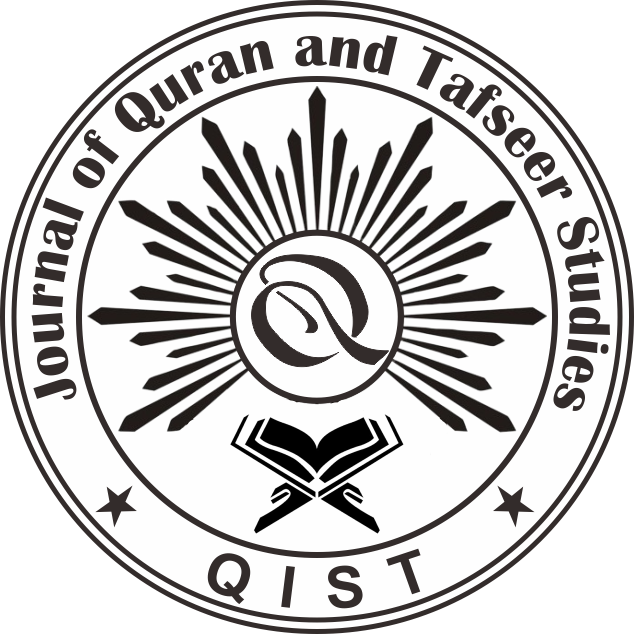Focus and Scope
Focus
QiST: Journal of Quran and Tafseer Studies aims to become a leading platform for innovative, critical, and contextual studies of the Qur’an and its interpretations, especially those that bridge classical exegesis with contemporary challenges in Southeast Asian Muslim societies and their transregional intellectual engagements with the wider Muslim world.
Scope
The QiST: Journal of Quran and Tafseer Studies welcomes varied approaches to empirical research (quantitative, qualitative, or mixed methods) as well as high-quality literature reviews, systematic reviews, Bibliometric, Questionnaires Application science mapping and meta-analysis as long as they extend or enhance knowledge, theory, methodology and practice in all sub-fields of Tafsir Al-Qur'an. QiST also welcomes original research articles, review essays, and critical translations in the following areas:
- Classical and contemporary tafsir studies encompass comparative analyses between traditional and modern exegetical approaches, along with the exploration of lesser-known or regional tafsir traditions such as those from the Nusantara, African, and Central Asian contexts.
- Thematic Quranic studies involve interdisciplinary approaches that connect Quranic discourse with fields such as psychology, sociology, ecology, gender studies, and digital humanities, as well as the exploration of Quranic ethics and values within the context of modernity and globalization.
- Manuscripts and digital Quranic studies include the critical editing and analysis of underexplored tafsir manuscripts, as well as the utilization of digital humanities tools in Quranic research, which provide new access and methodologies for engaging with classical Islamic texts.
- Qur'an and local wisdom studies emphasize the integration of Quranic principles with indigenous traditions and local knowledge, Living Qur'an, as well as the development of tafsir practices in Southeast Asia that prioritize cultural contextualization rooted in local values and traditions.
- Contemporary issues and Quranic response explore topics such as Sustainable Development Goals, environmental crises, human rights, technological advancement, bioethics, and artificial intelligence through the lens of Quranic guidance, aiming to provide revelation-based insights and solutions to the challenges of the modern world.
- Qur'anic hermeneutics explores contextual, linguistic, and philosophical approaches to interpreting the Qur'an, alongside the application of hermeneutical theories in Muslim minority contexts, where unique socio-cultural and ideological challenges shape interpretative frameworks.

















